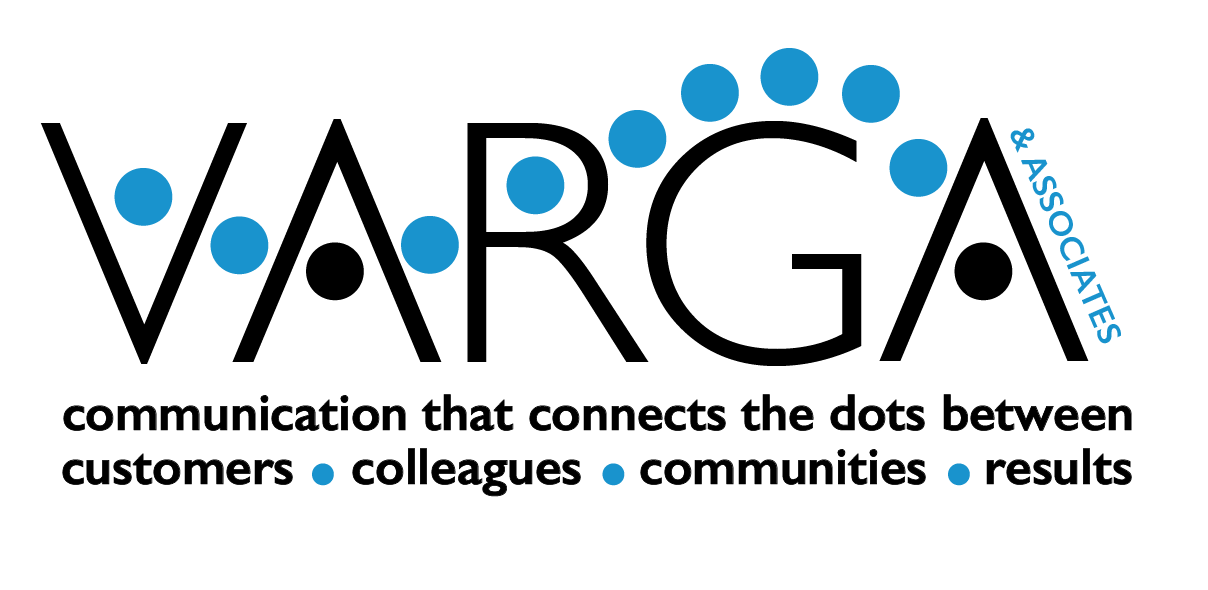Moderating a panel can be a great opportunity to enhance your own visibility while managing a dynamic conversation between experts in the field. The role is one not unlike that of a orchestra conductor. You are directing, guiding and getting people to play beautiful music together. Here are a few tips to keep in mind, before, during and after the panel.
BEFORE
· Know the panelists
- Research beyond their bios / Google / Know their points of view / areas of controversy
· Market and promote the panel
- Publicize the “who”
· PREP the panel –
Establish high-level conversation bullets so it helps the panelists to prepare and research. Suggest that they bring examples/case studies as proof points.
· Encourage debate. Spice it up. Look at the issues from many angles. Find where the points of contention are and be sure to explore.
· Have a 10-minute huddle before you begin – Have a quick meeting in person before the panel actually happens, it will only take 10 minutes. This is good bonding time and your opportunity to remind them of the general structure. Remind them to be relaxed and have fun. Listen closely for their feedback as you may be able to pick up on points they mention(“Just before we started today, Susan you mentioned….can you elaborate?”)
DURING
· Share housekeeping / panel protocol with audience (“Each speaker will have 5 minutes for an overview, followed by an open audience Q & A, and final wrap up comments…”)
· Set the stage by providing context
- why now? Why this panel? Share why YOU are grateful for this opportunity because of your interest in the topic.
· First question should be a warm up. Ask for a definition, or the history of the topic, or why this topic is so interesting to you or the panelists.
· Ask about benefits and opportunities
for the audience in attending today.
· Ask about risks, challenge the panel
· Model the body language you want the panelists to mirror.
· Maintain eye contact with the panelists when you ask a question, then turn to
the audience – panelist will follow your lead.
When to take control
· When panelists pitch
(unless a case study)
· When conversation veers off track
- your job is to gently bring it back into context. You may need to re frame a question or ask for further explanation on the topic. (consider the use of humor when this occurs – “We’d all love to hear more but we may need Dr. Phil to be present…so for now, let’s focus back on XYZ…”)
· When someone dominates
- your obligation is to find an appropriate time (watch for when they breathe) and interject in a nice way. Compliment their opinion, and be sure to pass a question to the deserving panelist. (“Ken, thank you, your experience in this arena is vast – does anyone else have similar experiences to share?”)
· When audience is disruptive – Sometimes you may need to quiet audience if there are side conversations occurring.
Mix it up – Strive for Interaction
Listen and
watch the body language of the panelists. Are there non-verbal indicators that are telling you someone needs to get a word in or the audience’s attention is waning or panel disagreement is making some uncomfortable.
Encourage panelists talk to each other –
Don’t over structure. Avoid a moderator question and response pattern alone, allow for some healthy banter between the panelists, and let them interact, jest and challenge each other.
Silence can be golden
- Your ultimate aim is to create the space for good dialogue.
Managing Audience Q & A
1. Prep audience expectation by sharing how much time there will be for Q & A.
2. Share protocol – Ask audience to state their name, and make sure the question is a question
.
3. Provide index cards at the table for audience members to jot down questions as they occur. Often this provides an opportunity for those reluctant to voice a question on their own.
4. Always repeat the question from the audience, so everyone can hear and it’ll get on any recordings.
5. Summarize long-winded questions from the audience. (What I heard you say is…”How can we best work together to solve this issue?” Do I have that right?)
6. Don’t let one zealous audience member dominate the session by asking too many questions. Sometime just looking in the opposite direction for a question can help.
7. When you run out of time – suggest that some discussion can be pursued after the event.
8. Encourage panelists to question each other can add an interesting dynamic.
9. Prepare secondary questions in case no one asks questions.
10. Consider a light-hearted /topical question as a wrap-up (Sox or Cubs? etc.)
AFTER
The Wrap-Up
- Thank the panel and the audience
- Summarize key ideas
- Share where audience can contact panelists for more information
- Create online blogs, wikis or forums to continue the conversation
- Send thank you notes to panelists






